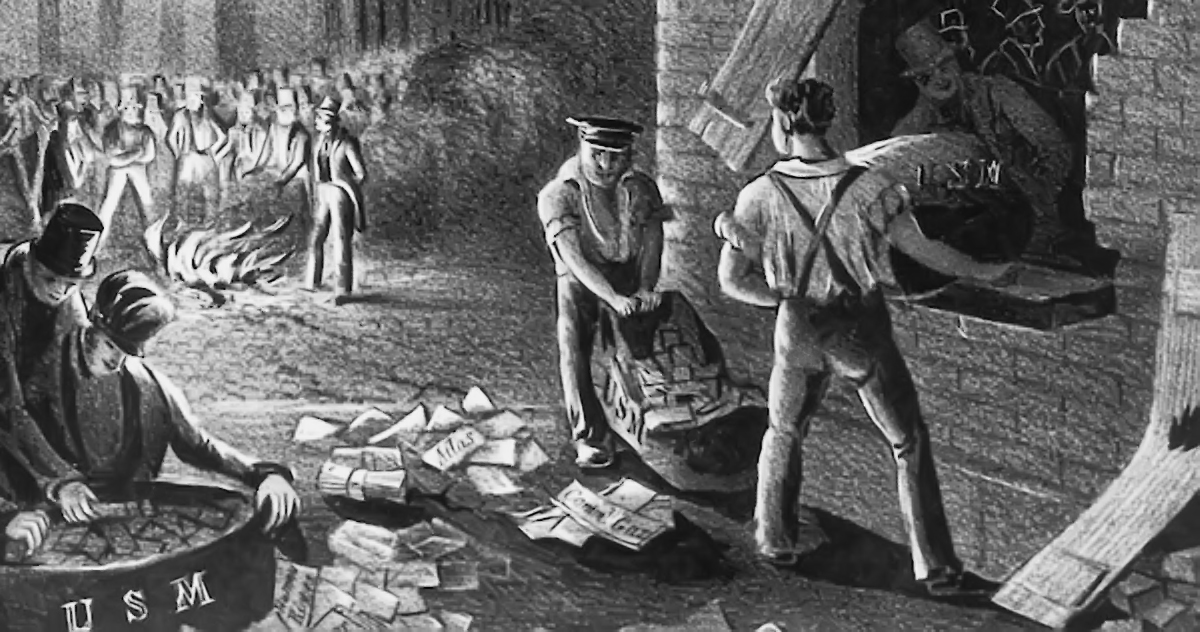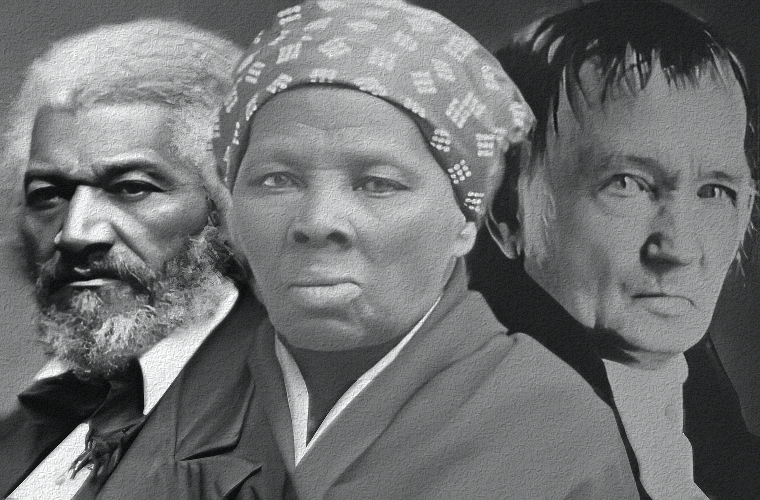Abolitionists were a diverse group of people who fought against the institution of slavery in the United States during the 19th century. They were dedicated to the principle that all human beings should be free and believed that slavery was a moral evil that needed to be eradicated. Abolitionists believed that slavery was a violation of human rights and a contradiction of the principles of liberty and equality that the United States was founded on. They argued that slavery dehumanized both the enslaved people and the slaveholders themselves and that it was a threat to the moral fabric of society. Abolitionists viewed slavery as a national sin that needed to be rectified, and they worked tirelessly to build a movement to end it.
The abolitionist movement emerged in the early 19th century, and it was initially composed of religious groups, such as Quakers, who opposed slavery on moral grounds. These early abolitionists believed that slavery was incompatible with Christian values and that it was the responsibility of all Christians to work toward its abolition. As the movement grew, it attracted a diverse range of people, including women, African Americans, and white men from various socioeconomic backgrounds. Abolitionists used a variety of tactics to promote their cause, including writing and publishing anti-slavery literature, holding public meetings and rallies, and organizing boycotts of goods produced by slave labor.

Some abolitionists also engaged in more radical tactics, such as assisting runaway slaves through the Underground Railroad or engaging in acts of civil disobedience, such as the Boston Tea Party. Abolitionists faced significant opposition from those who supported slavery, including slaveholders, politicians, and even some northern business interests who profited from the slave trade. Abolitionists were often the target of violent attacks, and many were imprisoned or even killed for their beliefs.
Despite the opposition they faced, abolitionists made significant progress in the fight against slavery. They helped to shift public opinion against slavery, leading to the passage of the Emancipation Proclamation in 1863, which freed enslaved people in Confederate states, and the 13th Amendment to the U.S. Constitution, which abolished slavery throughout the country.
The legacy of the abolitionist movement continues to influence American society today. The movement played a crucial role in advancing the cause of civil rights and promoting equality and justice for all people.

